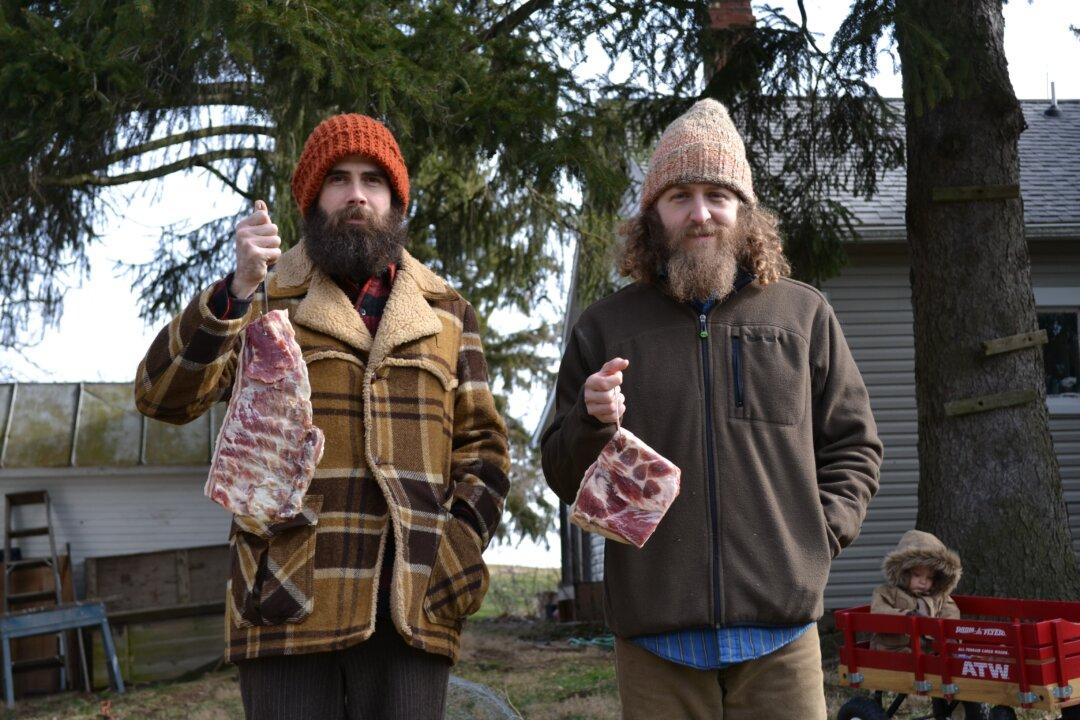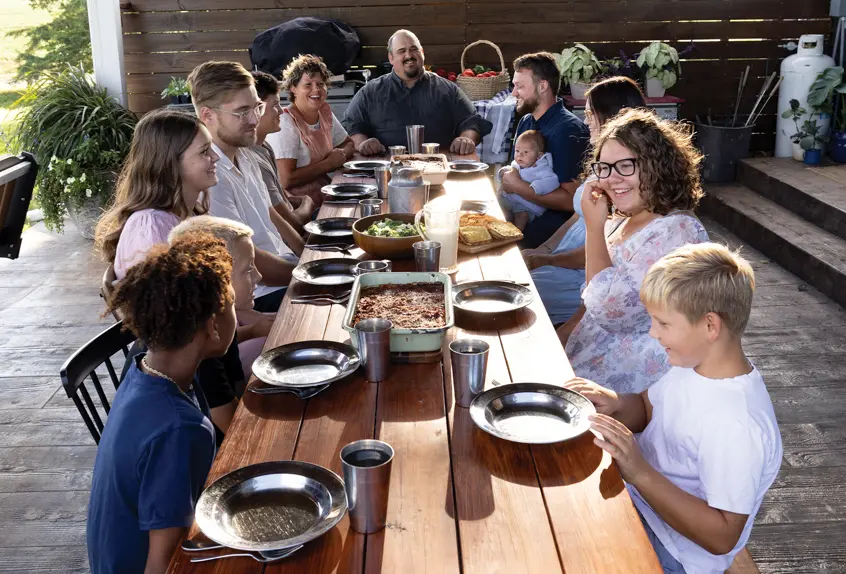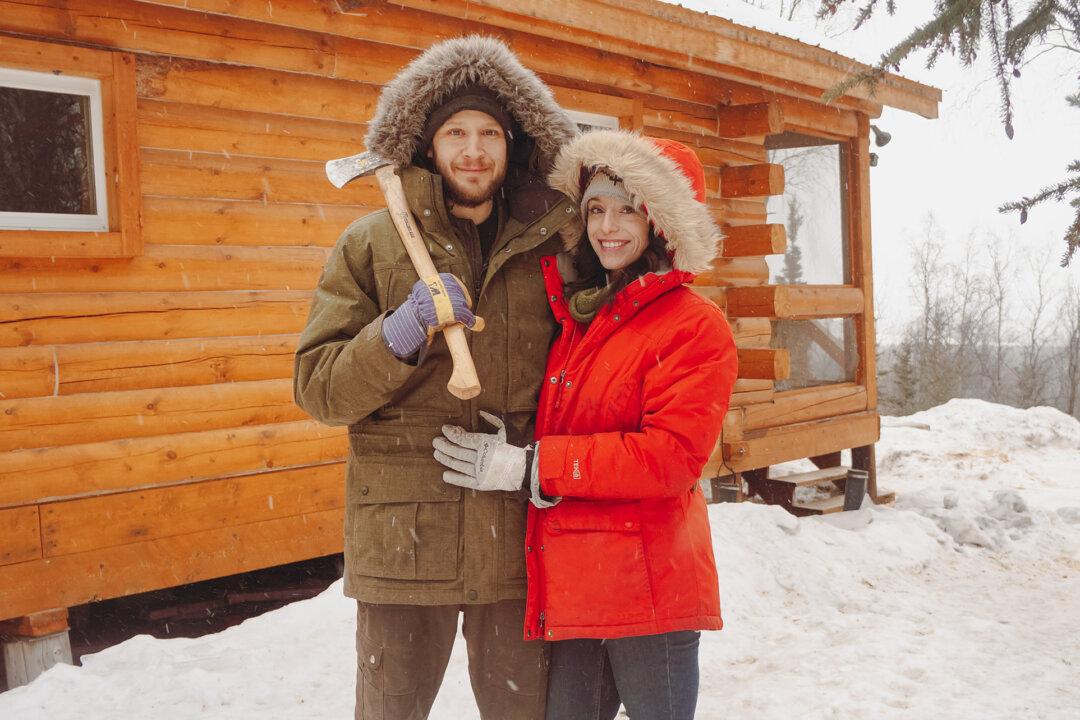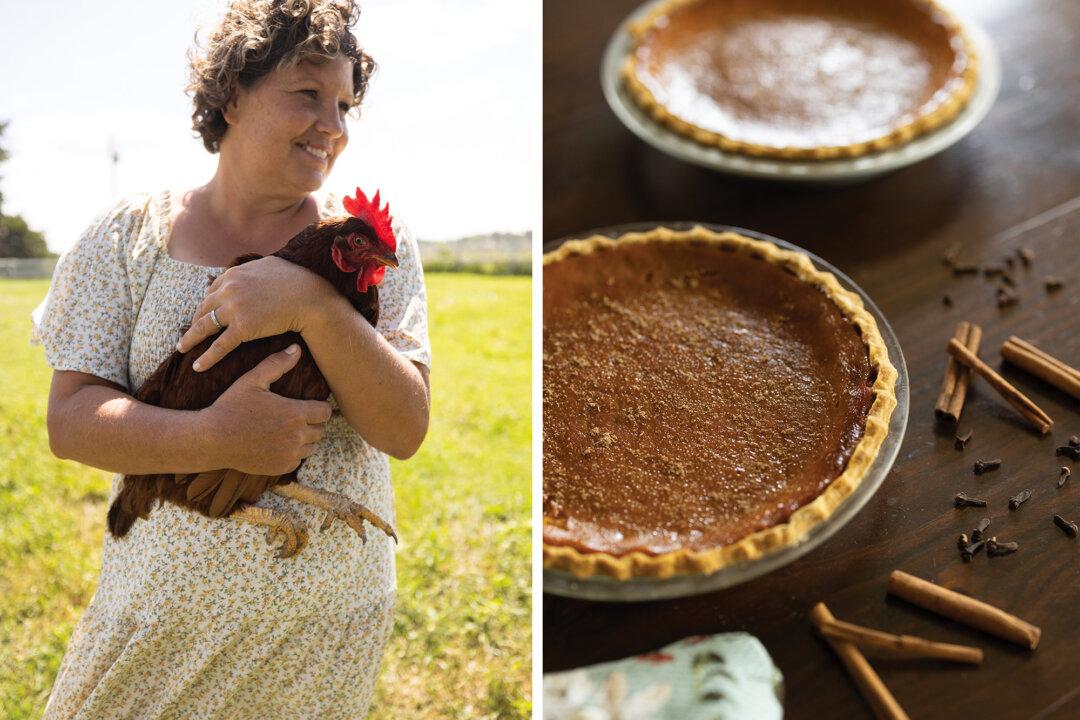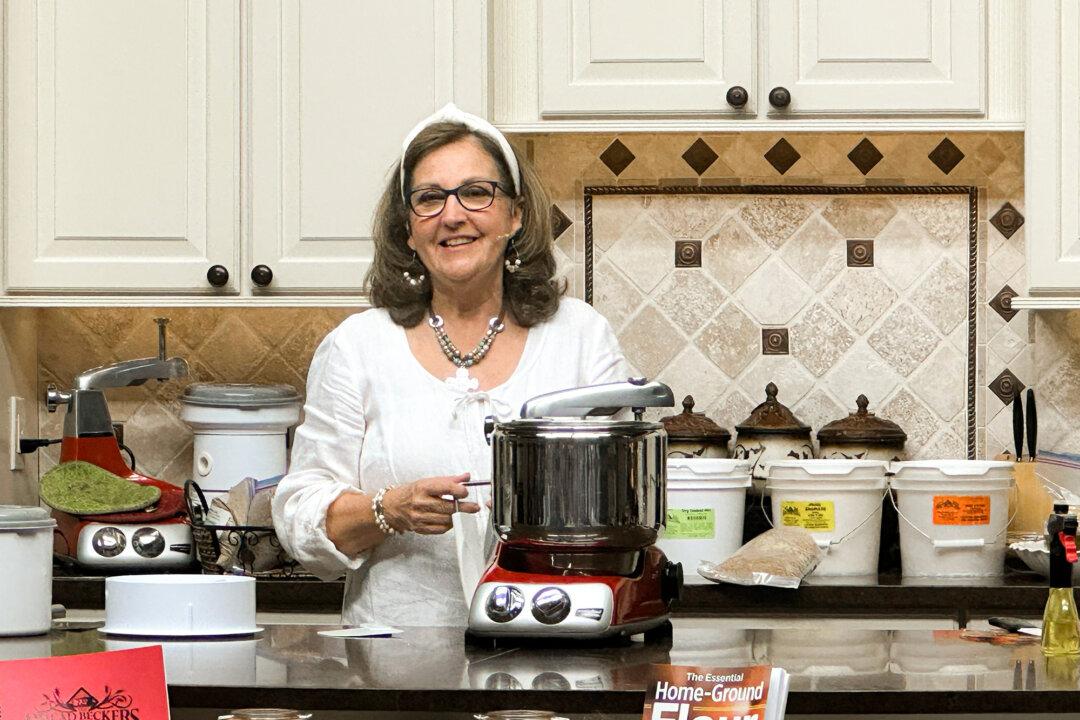Every hog butchering performed by Doug Wharton and Andy Lane of Hand Hewn Farm begins the same way. They start in the early morning, when the mist still clings to the grass. There’s no chaos, none of the nervous energy that makes both hog and butcher unsteady. This constructed calm also settles the nerves of their students, many of whom have never witnessed or participated in the butchering of a farm animal.
Whatever tension exists within the group is built up around one moment: the actual killing of the hog.

